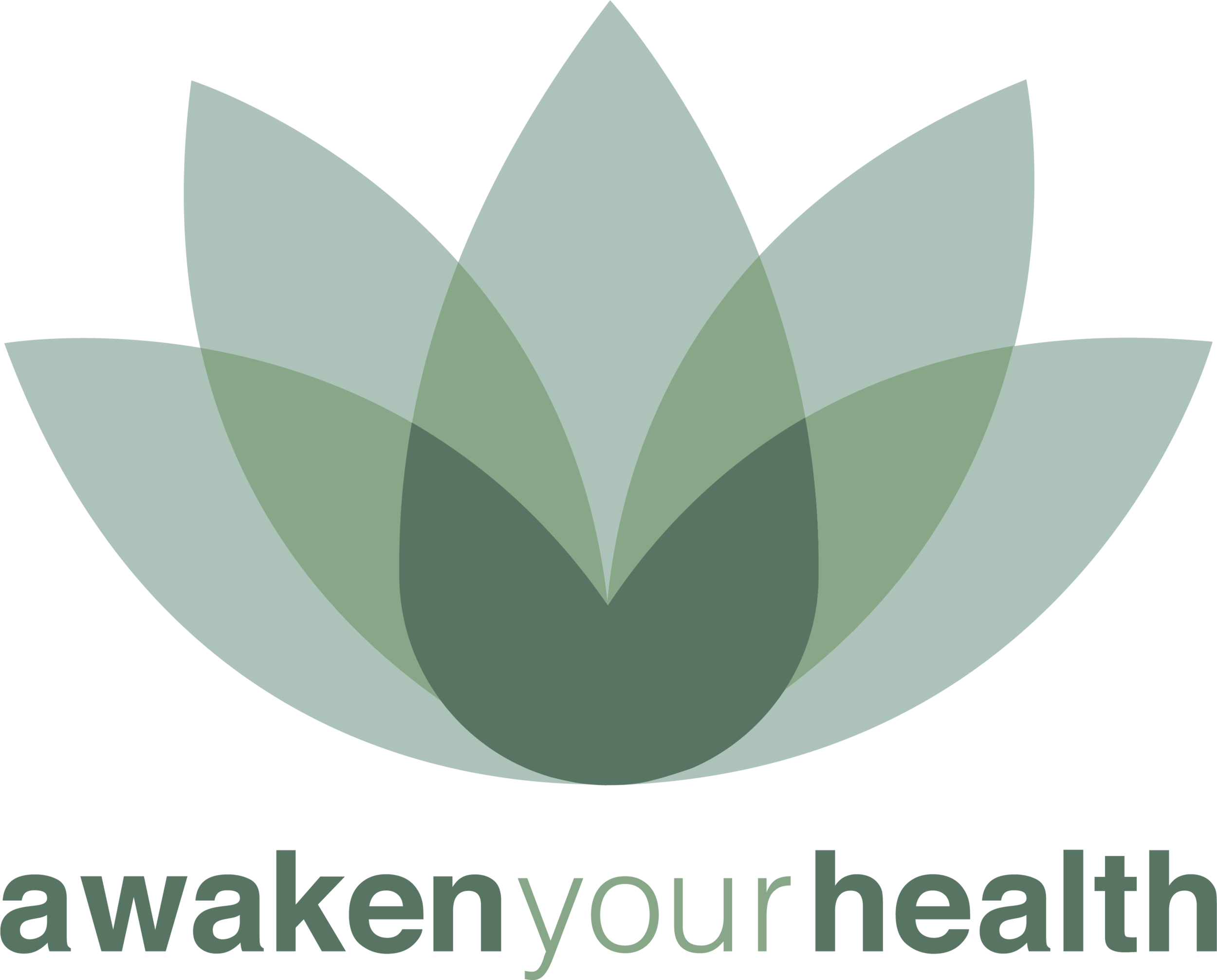The Gut Microbiome: What Is It and How Does It Affect My Baby's Health
I recently had the pleasure of watching Dr Natasha Cambell McBride speak at the Conscious Club and the MINDD Forum in Sydney. For those of you who are not familiar with her work, Dr Natasha wrote the revered book, The Gut and Psychology Syndrome (GAPS). Her book primarily focuses on the gut’s microbiome and how it profoundly affects our mental and physical health. Dr Natasha mainly works with children with autism and has had great success in improving and even reversing the condition in many of her patients. For more information please visit her website.
So, what is the gut microbiome?
The gut microbiome is the body’s residential bacteria that are primarily found in our large intestine—around 2kg of bacteria in total (see Catalyst for more information). Think of your large intestine as a hollow tube and the bacteria as a barrier or coating that lines the inside. As food passes through your intestine, this bacterial barrier has many functions. These include, but are not limited to:
Aiding in the breakdown of food, resulting in easily digestible and absorbed nutrients— this prevents larger, undigested food molecules from entering the blood stream that can result in inflammation and an immune response.
Synthesising nutrients including vitamin K, B1, B2, B3, B5, B6, B12, folic acid and various amino acids.
Protects the body from foreign pathogens and toxins by providing a physical barrier as well as producing various anti-bacterial, anti-viral and anti-fungal substances.
Strengthens the intestinal barrier—The bacteria increases mucin in the gut, which provides a protective coating for intestinal cells. The bacteria also tighten the gap junctions between the cells in the large intestines and prevent conditions such as leaky gut.
Symptoms and disorders that can result from altered gut flora or dysbiosis include:
Bloating
Low Energy
Autism
Constipation
Anxiety
ADHD
Cramping
Depression
Dyslexia
Diarrhea
Bipolar
Eczema
Food intolerances
Schizophrenia
Auto-immune conditions
Poor immune function
Recurrent infections
Why should I care about my gut health when trying to fall pregnant and how will it affect my child’s health?
As you can see, a healthy gut microbiome is very important. In fact, we cannot live without it! An unborn baby has a sterile gut in the mother’s womb. The moment the child passes through the mother’s birth canal, he or she ingests their first dose of bacteria from the canal, which will provide the foundation for the child’s gut microbiome. The child will continue to build and shape their gut flora through their food intake (breast milk/ formula) and environment. The first months of the child’s life are essential in creating a healthy gut microbiome, which will consequently impact their health for the rest their lives.
It is therefore critical that the mother has a healthy gut flora as possible when giving birth, as this will get passed onto the infant. Furthermore, the repeated use of antibiotics, baby formulas, antibacterial soaps and cleaning products can alter the child’s gut flora and contribute to a dysbiotic state, potentially resulting in the conditions mentioned above.
Unfortunately, changing your gut flora is not as simple as taking a probiotic and once lost, some strains of bacteria may never return. This is why it is essential to get it right from the start!
What needs to be done?
Ideally, the mother and father need to address their gut health prior to the birth of their child. This may involve testing for parasites and other infections, investigating any food intolerances, determining if gut lining is damaged and reviewing diet and other environmental exposures that may be harming the gut microbiome.
Specific foods that are fantastic in promoting optimum gut health include:
Bone broths
Fermented vegetables
Prebiotic rich foods: garlic, onions, Jerusalem artichokes, dandelion greens, asparagus, bananas
Yoghurt
Kefir
Warming soups and stews
If you are planning on falling pregnant, are about to give birth or are experiencing any of the conditions mentioned above, be sure to book in for a consultation to address your gut health.
Wishing you all peace & happiness.
Yours in good health,
Tabitha x

